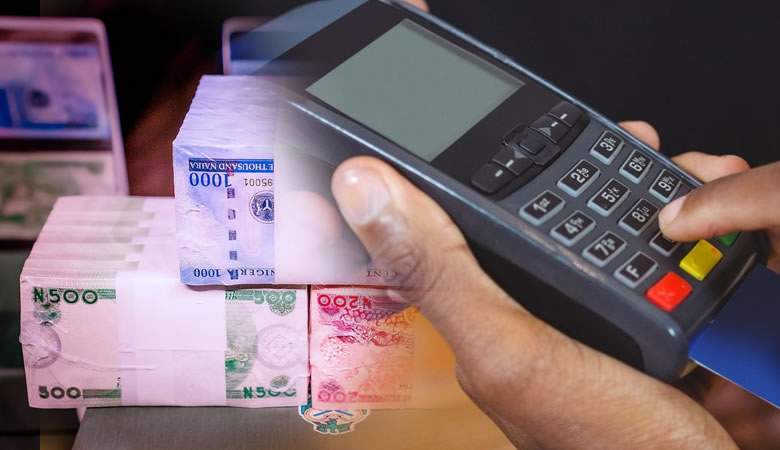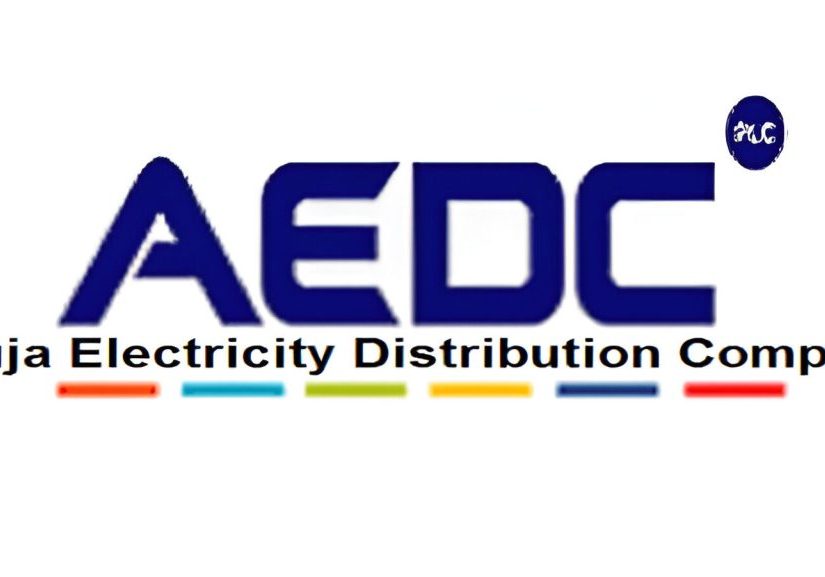Nigeria’s Central Bank Directs Point of Sale Operators to Route Transactions Through Licensed Aggregators
The Central Bank of Nigeria (CBN) has issued a directive requiring all Point of Sale (PoS) operators to route transactions through licensed payment terminal service aggregators. The move aims to enhance the tracking and management of electronic transactions in the country.
According to a circular posted on the CBN’s website, the directive is aimed at addressing concerns about routing all transactions through a single aggregator. To achieve this, the CBN granted a second Payment Terminal Service Aggregator (PTSA) licence to Unified Payment Services Limited earlier this year.
The CBN has instructed that all acquirers, responsible for processing payments from PoS terminals, must channel transactions through any of the two licensed aggregators. Licensed processors are also required to integrate with both PTSAs to give acquirers the flexibility to choose their preferred service providers.
Payment terminal service providers, responsible for deploying and managing PoS terminals, must ensure their devices and applications are configured to work with any PTSA chosen by the acquirers. The CBN has also mandated that each PTSA submit monthly reports of all transactions processed through their platforms, with reports to be submitted to the director of the Payments System Management Department within seven days after the end of each month.
The CBN has urged all Payment Service Providers (PSPs) to regularise their operations with the PTSAs within 30 days, warning that non-compliance with the directive would attract appropriate sanctions. This directive is in line with the Corporate Affairs Commission’s announcement in July that all PoS operators in the country must register with it before September 5.
The move is expected to improve the efficiency and security of electronic transactions in Nigeria, providing a more robust and transparent payment system for merchants and consumers alike.








